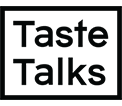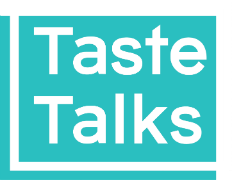Real Talk is our weekly series about the peaks, pitfalls, and perils of the food world. Every week, we’re taking you to the heart of food’s most glamorous (and difficult) projects with the help of our content partner MOO , whose products are all about making dream hustles into beautiful realities ( click here for 20% off your next order!)
From pop-up dinners to pop-tart marketing, hyper-local restaurants to global food empires, this is your peek behind the curtains of food & drink’s dreamiest initiatives and get—you guessed it—the real talk. This week, Gabi Moskowitz spills her secrets for all the aspiring food bloggers out there. She started her blog BrokeAss Gourmet in the midst of the recession and has parlayed it into several cookbooks, consulting gigs, freelance writing assignments, and a national sitcom. Want to know how? Read on.
____________________________
Whenever someone asks me what I do for a living, it usually takes me a minute to decide how I want to answer.
First and foremost, I’m a food blogger. I manage my blog, BrokeAss Gourmet , which I launched in 2009, in an attempt to help broke (thanks to the implosion of the stock market in late 2008) amateur cooks restaurant quality food that never exceeded $20. I post recipes that are fresh, easy, and broken down by cost. I had no idea at the time that my blog would lead me to such incredible opportunities.
I’m also a cookbook author (I’ve written three), and am currently working on my fourth. I produce a sitcom, called Young & Hungry , on Freeform (the network formerly known as ABC Family). Young & Hungry is loosely inspired by my life—it’s about a San Francisco chef named Gabi. I helped develop it, and I advise on show content having to do with food and San Francisco. It’s in its fourth season.
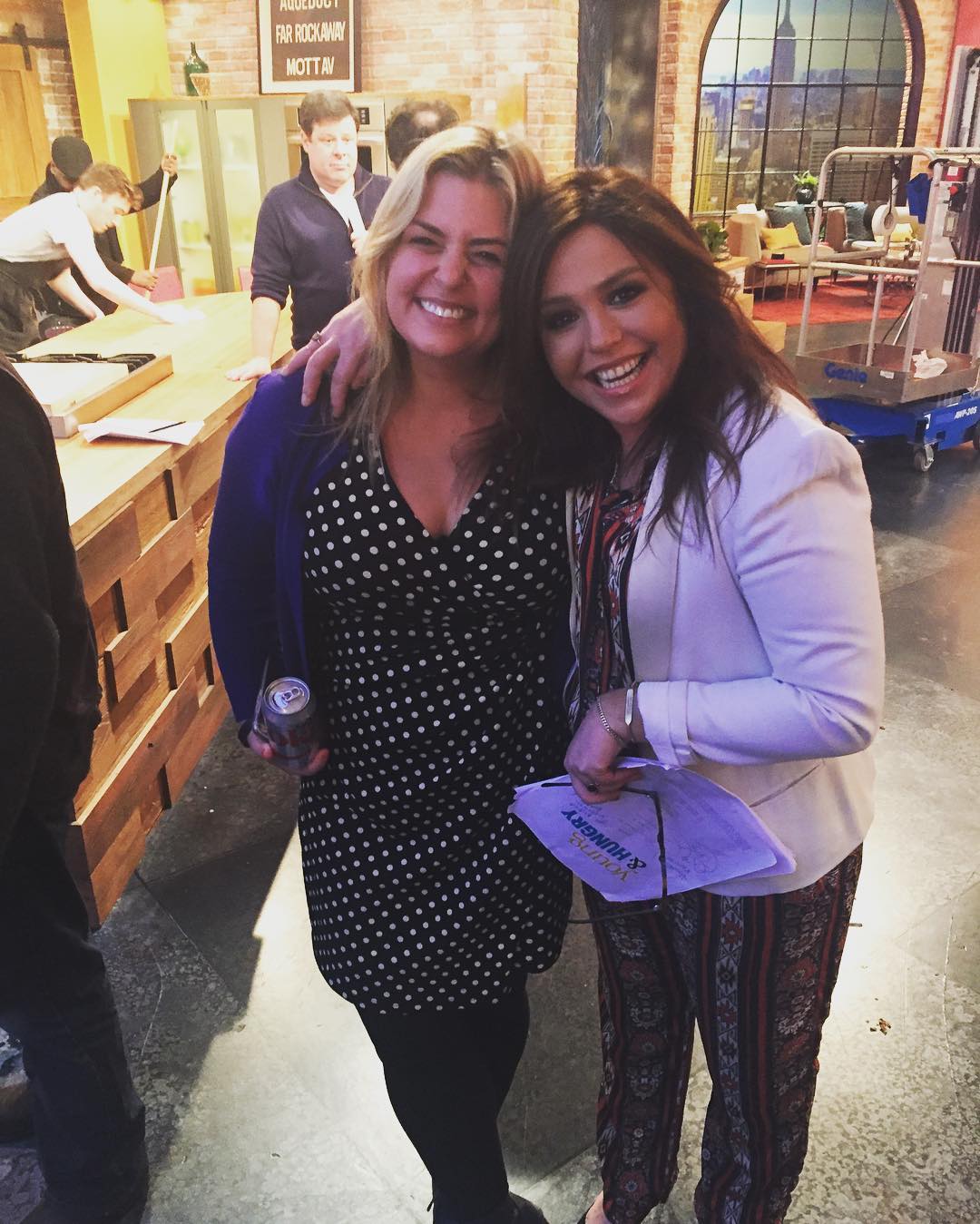 Me and Rachel Ray.
Me and Rachel Ray.
When I’m not working on my blog, books, or show, I write articles about food and cooking for publications like The Washington Post , The Guardian , and Lenny Letter . I also sometimes work as a consultant for companies in the food space, helping them to develop their products and ideas. I sometimes help restaurants develop their menus. Very occasionally, I cater dinner parties.
But listing your entire resume to someone who is just trying to make casual conversation at a cocktail party is awkward and not very good social form, so I usually just say “I’m a food blogger.” This generally leads them to ask me, “how exactly does that work?” (Translation: “how do you actually earn a living doing that?”). At this point, I generally just shrug, say, “I make it work!” and change the subject, or ask them what they do for a living. But since we’re not at a cocktail party right now, and because I have to assume that when you read the title of this piece, you knew what you were getting into, I’m going to tell you how to make money as a food blogger—or any type of blogger, really.
First and foremost, think of your blog as a hub for your creative work: something that gets you gigs that pay money. My friend Amy Sherman wrote a great piece about this . She is a longtime badass food writer who has a high-traffic blog, and, like me, she uses her blog to get money-earning gigs, like writing books and recipe development. If you want to write cookbooks (or any sort of book), think of your blog as an audition—an opportunity to show publishers and future buyers of your future book what you can do.
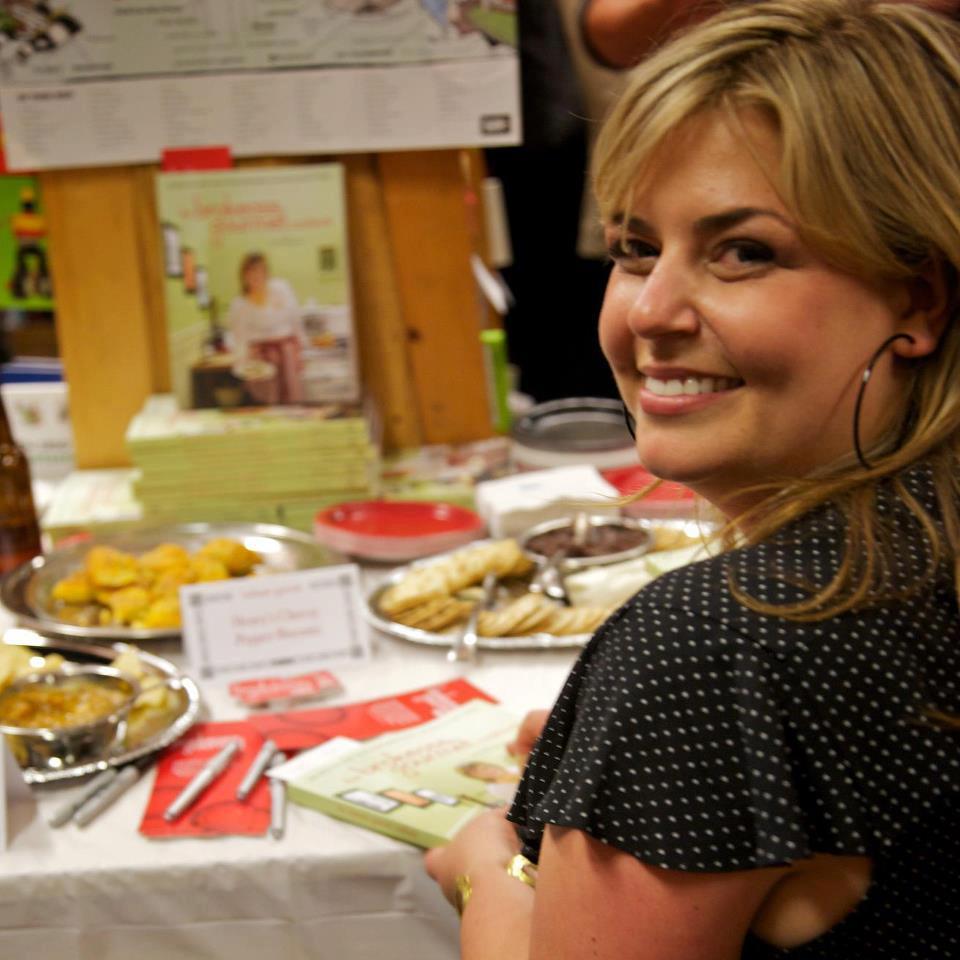 Signing copies of my cookbook.
Signing copies of my cookbook.
Let brands sponsor you, for pay. As any user of Instagram knows well, many brands will work with content creators to increase their product’s awareness. This can be a great opportunity for bloggers to be featured on a large platform, and also to earn money. I’ve done fun and fruitful campaigns with companies I believe in, and which I would recommend even if they weren’t paying me. As such, it’s important to only work with products that make sense for your blog/brand. It would not make sense for me to be sponsored by a caviar company on my budget cooking blog, for example.
Another way to earn some money with your blog is to work with an ad company. Companies like Hashtag Labs, Glam Media, and Federated Media will run ads on your site if you can maintain a certain amount of traffic. Or you can work directly with companies and arrange ad fees. The income is largely passive, and both parties benefit.
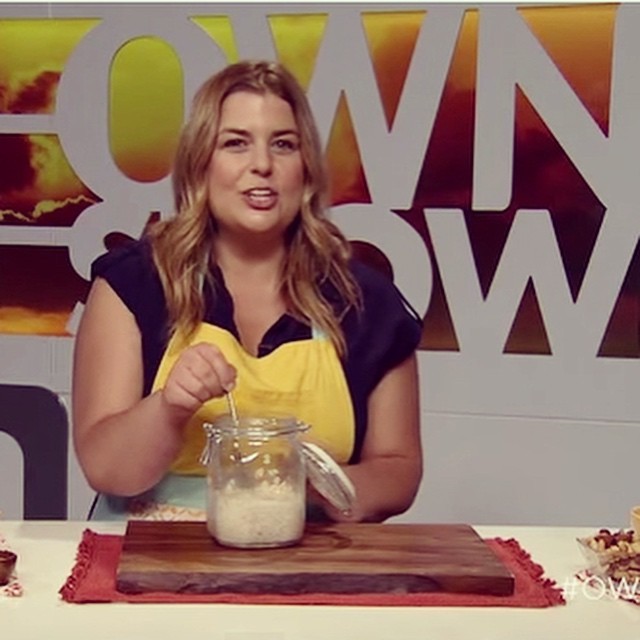 Look ma, I’m on T.V.!
Look ma, I’m on T.V.!
Of course, you could also write a book. Today, publishers seek out writers who have a following already, and blogging is a great way to build yours. Though the book business isn’t always immediately lucrative, having a book with your name on it is like having an 8″x10″ business card: it can lead to great paid opportunities, like speaking gigs and freelance writing.
When in doubt, consider yourself a consultant: either on the topic of your blog, or on blogging itself, and charge accordingly. For years, people used to ask for my help with their personal or professional social media, reaching my blog’s demographic, or developing ideas for their company or brand. Eventually, I got so tired of being asked to give away my intel for free that I decided to start charging. Now when people ask to “pick my brain,” about something I do professionally, I politely send them a fee schedule. This is great because it both deters the people who just want to get information from you for free, and sets a good precedent for those who are serious about working with you.
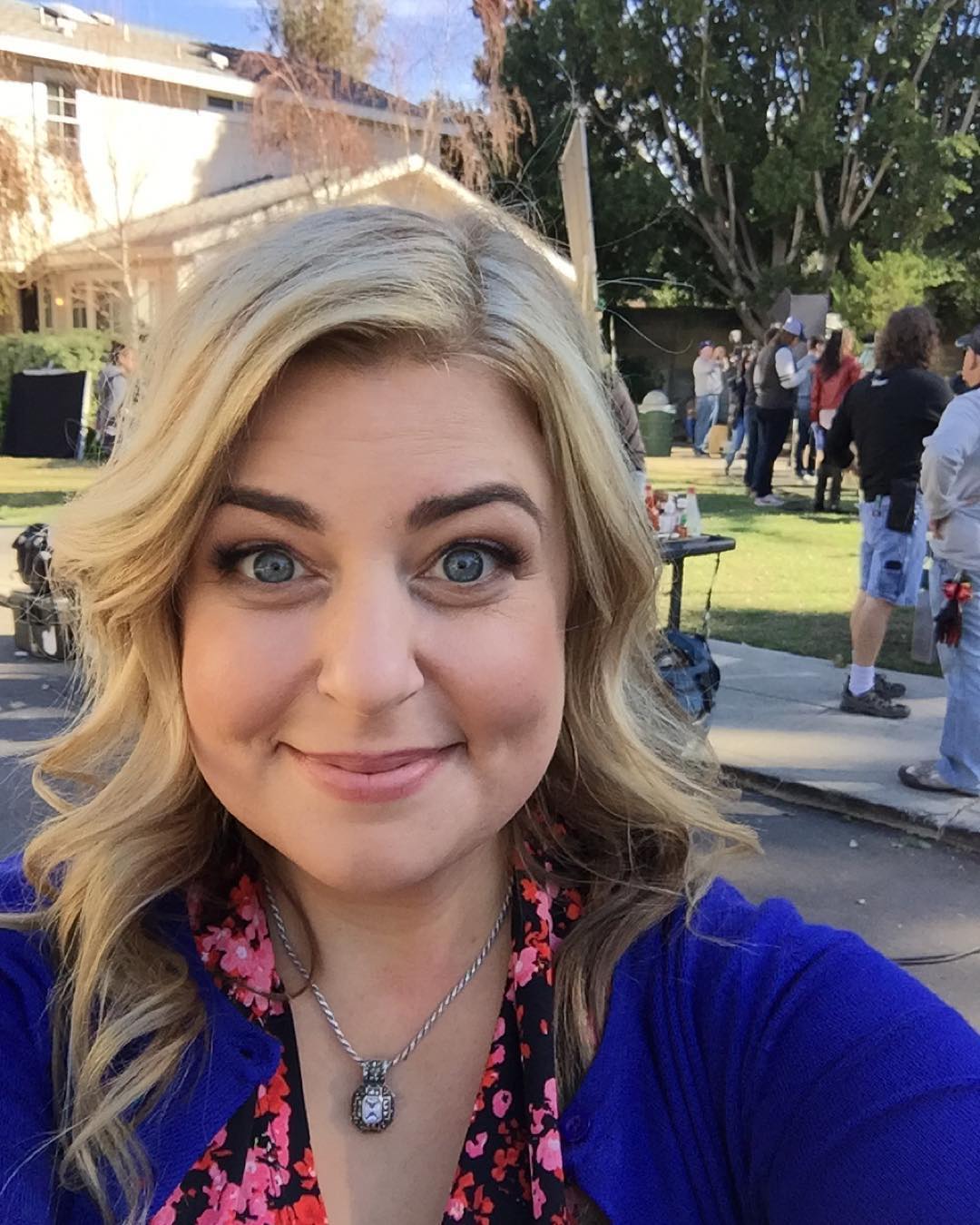 On the set of Young & Hungry.
On the set of Young & Hungry.
I didn’t set out to have this crazy professional life, where every day is different, but I could not be happier that things have turned out the way they have. One of the best things about blogging is that it’s an amazingly effective way to quickly share your thoughts, feelings, and creativity with the world. When fueled by passion and used strategically, it can be the backbone of an extremely rewarding career. I may still not be able to adequately explain my job at cocktail parties—but hey, it’s worth it.
